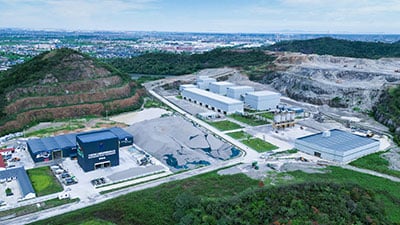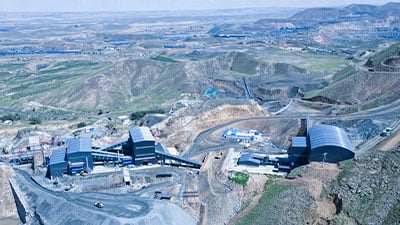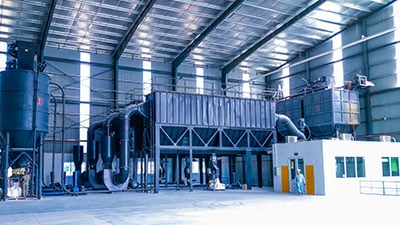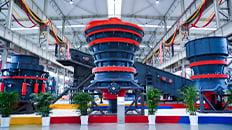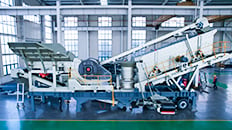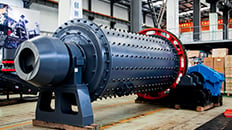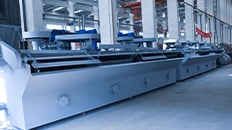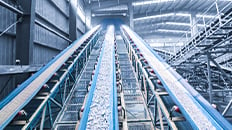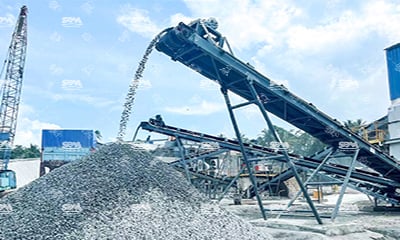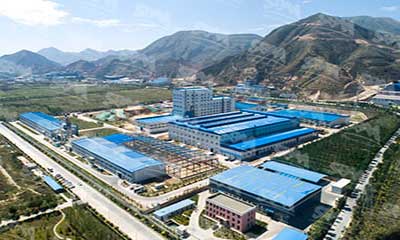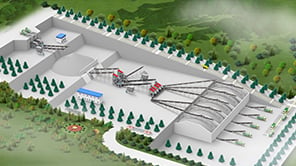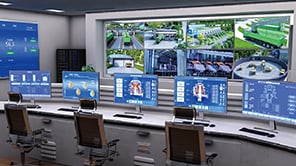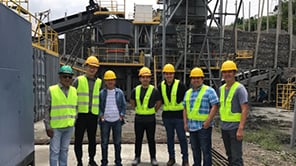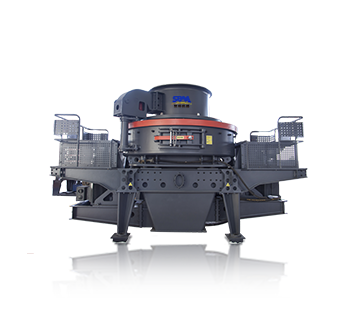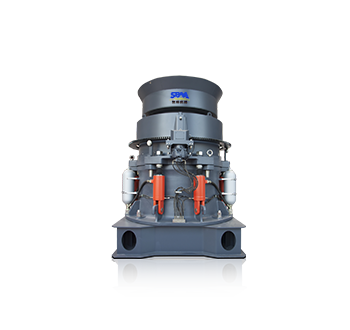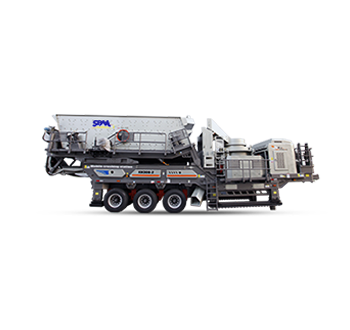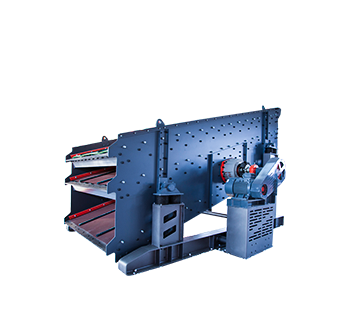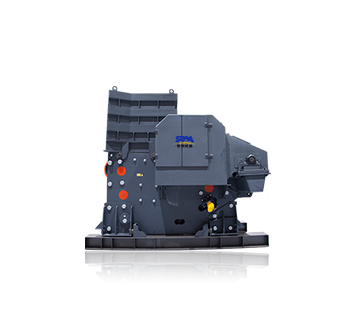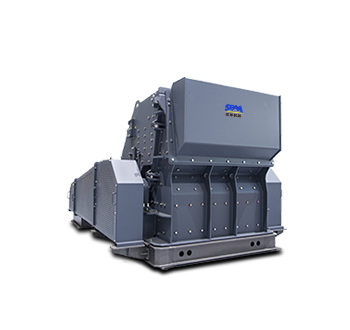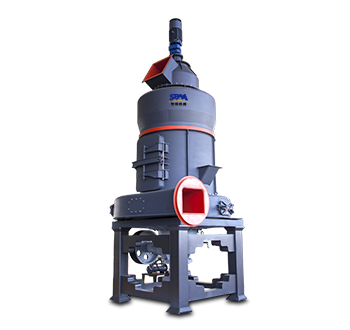Summary:Understanding the various factors that influence stone crusher prices in South Africa is essential for making informed purchasing decisions.
In the construction and mining industries in South Africa, stone crusher plays a crucial role in processing raw materials into usable aggregates. The price of these stone crushers is a significant factor for industry stakeholders, as it can impact project budgets and profitability. Understanding the various factors that influence stone crusher prices in South Africa is essential for making informed purchasing decisions.

There are several key factors that influence the pricing of stone crushers for sale in the South African market:
1. Raw Material Costs
The prices of raw materials used in the manufacturing of stone crushers, such as steel, alloys, and components, have a direct impact on the overall cost of the equipment. Fluctuations in global commodity prices can lead to changes in the pricing of stone crushers.
2. Equipment Specifications
The type, size, and capacity of the stone crusher are primary determinants of its price. Larger, more powerful crushers with higher throughput capabilities tend to be more expensive. Factors such as the crushing mechanism (e.g., jaw, cone, impact crusher), material composition, and additional features like automation or advanced controls can also affect the overall cost.
3. Brand and Manufacturer
The reputation and brand recognition of the stone crusher manufacturer play a significant role in pricing. Established brands with a proven track record of quality, reliability, and customer support often command a premium price compared to lesser-known or newly-emerging manufacturers.
4. Local Demand and Market Conditions
The demand for stone crushers in the South African market, driven by factors such as construction activities, mining operations, and infrastructure development, can significantly impact prices. When demand is high, manufacturers and suppliers may increase prices to meet the market's needs.
5. Transportation and Logistics Costs
The cost of transporting the stone crusher from the manufacturer's location to the customer's site in South Africa can significantly influence the final price. Factors such as fuel costs, distance, and any necessary import duties or taxes can add to the overall cost.
6. Exchange Rates and Currency Fluctuations
Many stone crushers in South Africa are imported, and their prices are often denominated in foreign currencies, such as the US dollar or Euro. Changes in the exchange rate between the South African Rand and these currencies can cause fluctuations in the local price of the equipment.
7. Maintenance and Aftermarket Support
The availability and cost of maintenance services, spare parts, and aftermarket support can also affect the overall price of a stone crusher. Customers may be willing to pay a higher initial price for a machine with a strong service network and reliable access to replacement components.
Understanding these key factors influencing stone crusher prices in South Africa can help construction and mining companies make more informed purchasing decisions and budget their projects accordingly. By considering these variables, industry stakeholders can optimize their equipment investments and ensure the most cost-effective solutions for their operations.

